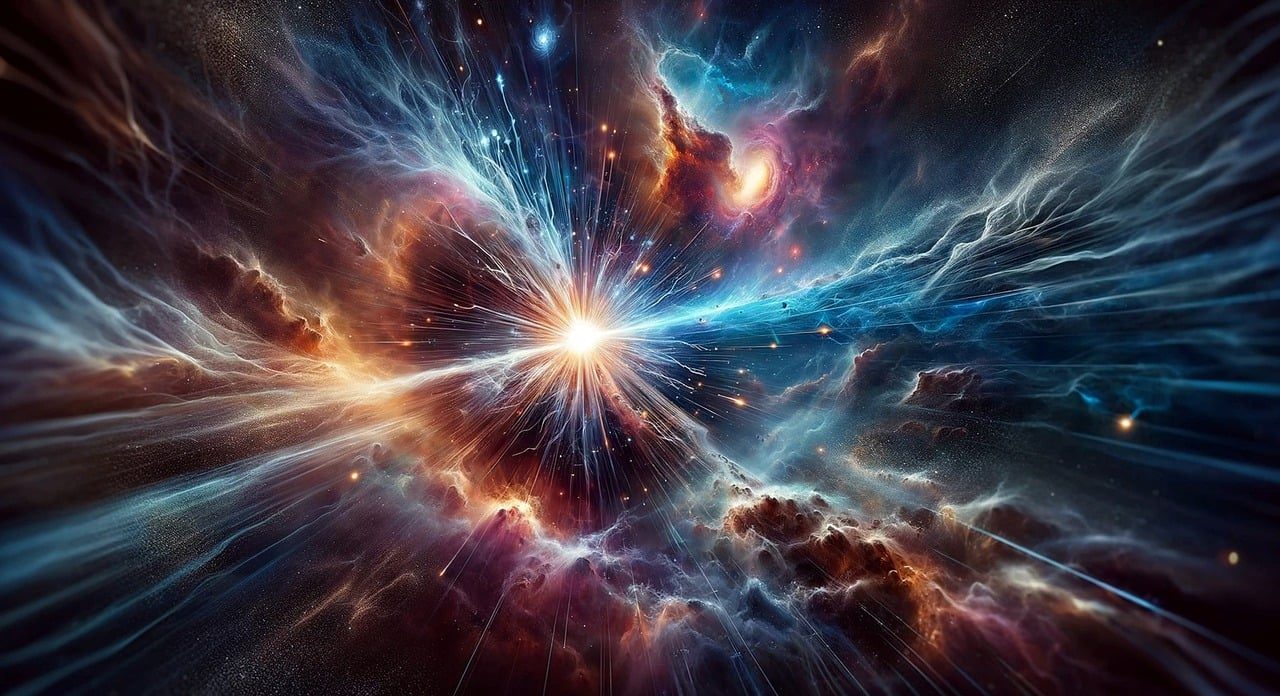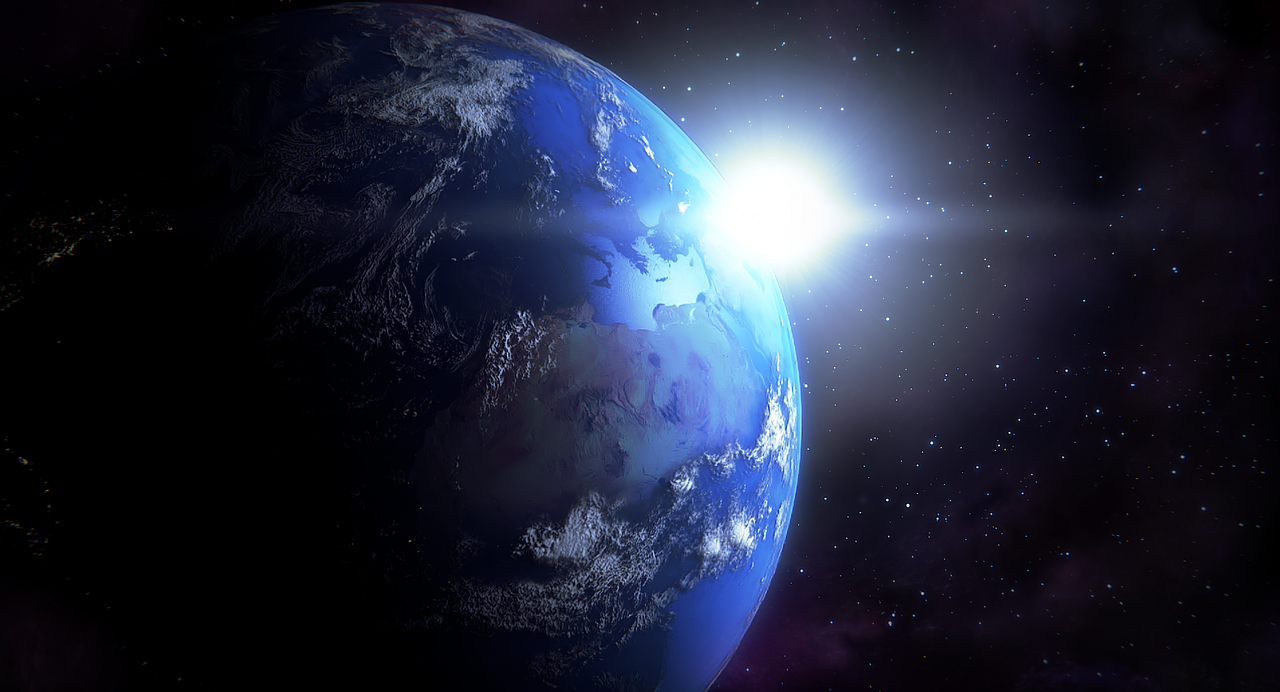
The anthropic principle states that, to be valid, theories linked to the origin and evolution of the universe must be compatible with the existence of human beings.
Anthropic principle is an expression that encompasses an idea whose content can be approached or analyzed from cosmology and physics , as well as from theology and philosophy .
This concept, which gained relevance after being pronounced in a symposium by an expert in theoretical physics who was born in Australia and responds to the name of Brandon Carter , admits two main modalities: one classified as the weak anthropic principle and another called the strong anthropic principle . In addition, another pair of classifications has been given impetus: one that accounts for a participatory anthropic principle and another that gives space to a final anthropic principle .
By discovering what questions or deductions this statement and the conjectures about it raise, you also notice that there are debates and controversies about it.
Origin and content of the anthropic principle
The anthropic principle , whose content aims to indicate that theories related to the origin and evolution of the universe must consider the role of humanity in it, finds its first mentions or original formulations by Alfred Russel Wallace and, later, by Robert H. Dicke .
It was later developed in more depth with Brandon Carter , who postulated it as a reaction or counterpoint to the excessive acceptance achieved by Copernicus' principle . From his perspective, the dynamics and structure of the universe depend on constants that can only have limited values due to the existence of human beings . It emerges from this reasoning that the presence and survival of man requires rigorous conditions and realities from which it can be deduced in a precise and specific way what features a universe must have for human life to be feasible in it.
Over the years, Stephen Hawking , John D. Barrow and Frank J. Tipler have been working on it (these last two suggested an interpretation of a final anthropic principle), among other experts. It is also possible to point out among those who have disseminated the guidelines of the anthropic principle the North American theoretical physicist John Archibald Wheeler (scientist who has given shape to the group called the participatory anthropic principle ) and the astrophysicist Trinh Xuan Thuan .
When reviewing principles , theories and postulates about the universe and human existence, it should not be overlooked that, according to a cosmological principle , there are no points of observation in the cosmos that are more favored than others, but rather the laws that govern it and its particularities can be determined regardless of location.

Through the anthropic principle, we seek to focus on the conditions that must exist in the universe to enable the existence of human life.
Versions, conjectures and derivations
For several decades, different categories associated with the anthropic principle have been accepted.
The weak version reinforces the idea of compatibility between the universe and human life, suggesting that there are specific conditions and properties in the cosmos to allow the existence of the human observer . Thanks to this approach, predictions, hypotheses and research are guided regarding the scenarios or characteristics that must exist on a planet to host life.
The strong anthropic principle , meanwhile, suggests that there is a certain configuration in the universe so that, at some point in its entire history or evolution, it admits intelligent life within it. This position has been described by more than one scholar as unnecessary and unscientific, alleging the impossibility of falsifying and verifying it. Those who espouse the belief in intelligent design turn to the proposition known as “fine-tuning of the universe” in order to provide a sort of demonstration of the strong anthropic principle .
It is also appropriate to point out that the content of the anthropic principle (to which its detractors attribute a tautological essence) is usually contextualized through theories connected to the multiverse . At this point, the so-called multiple worlds interpretation gains notoriety, a position with philosophical roots that encourages the probability that an infinite number of universes exist.

There are those who define both the weak anthropic principle and the intelligent design argument as a tautology.
Scope of the anthropic principle
The scope of the anthropic principle is extensive and varied, as can be seen from practice.
They study it, analyze it and even outline arguments both for and against those who are dedicated to cosmology and whose focus of interest is the observable universe or who investigate the Big Bang theory . It is also present in the field of theoretical physics and even in reflections on the level of religion .
It even comes into play in the field of astrobiology and in projects aimed at the search for extraterrestrial life .
It is also enriching to keep in mind the available bibliography on this topic. This idea is addressed, to indicate two references as an example, by Fabián Ludueña Romandini in «Beyond the anthropic principle. Towards a philosophy of the outside" , while Eduardo Arroyo Pérez is the author of "The anthropic principle. Can our existence determine the laws of the cosmos? . On the other hand, reading "A Brief History of Time" , a material prepared by Stephen Hawking , is not to be missed.
